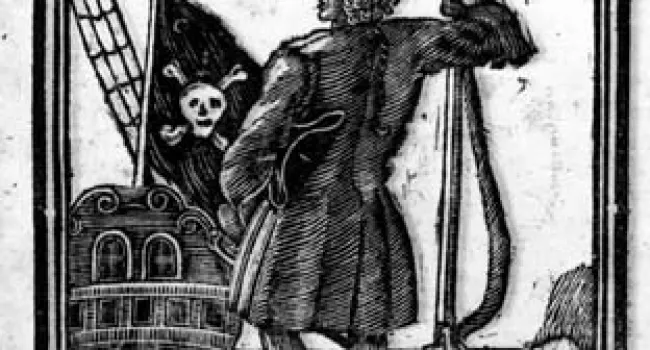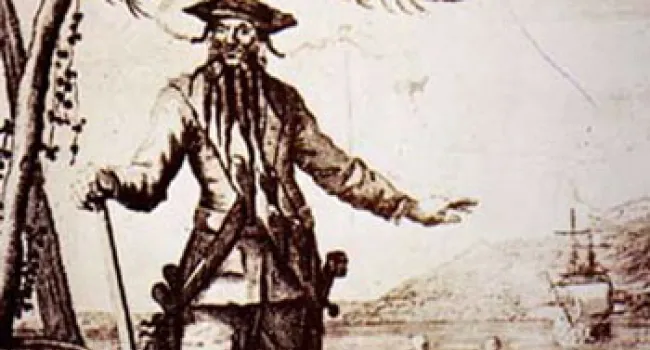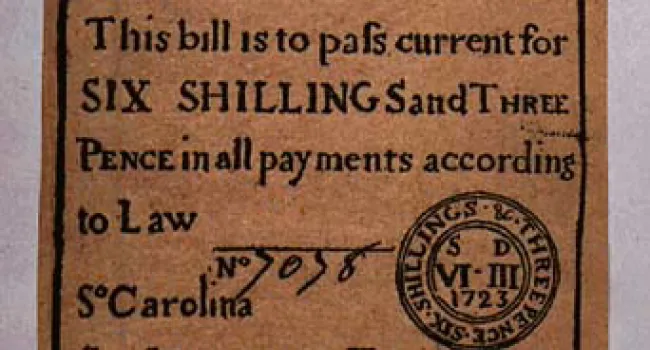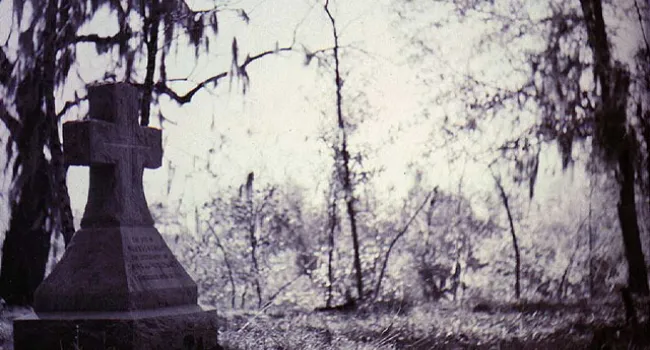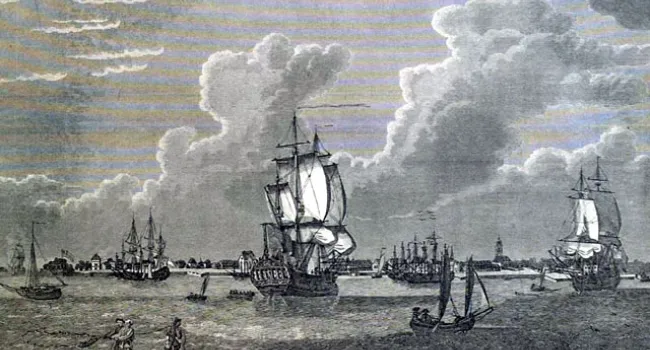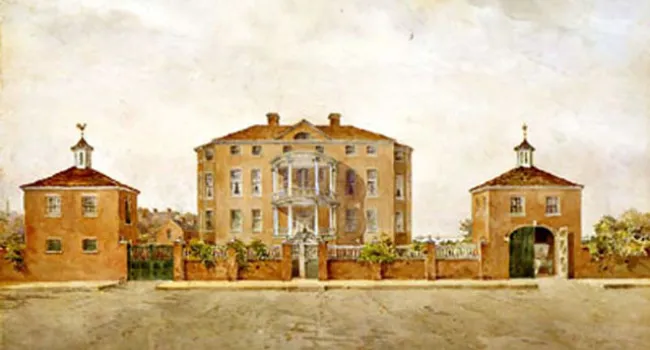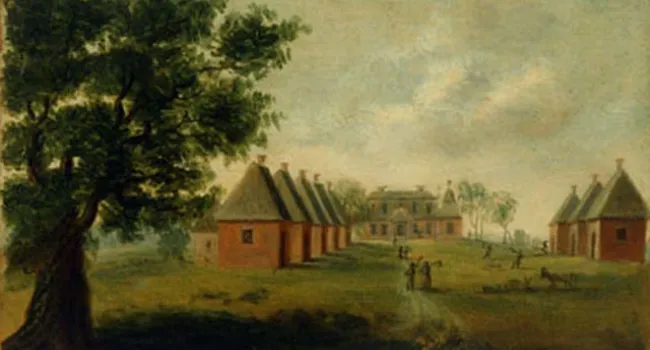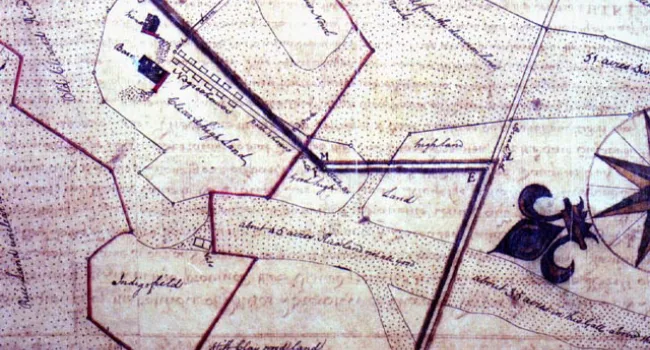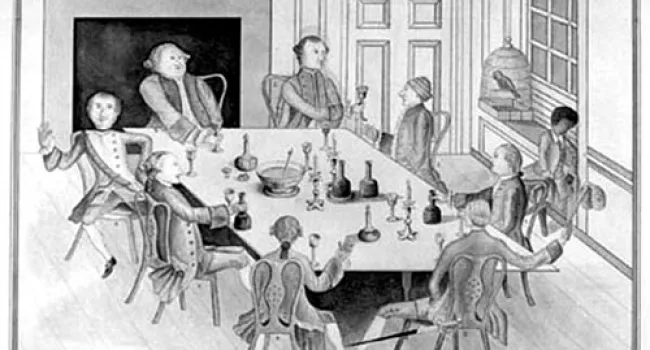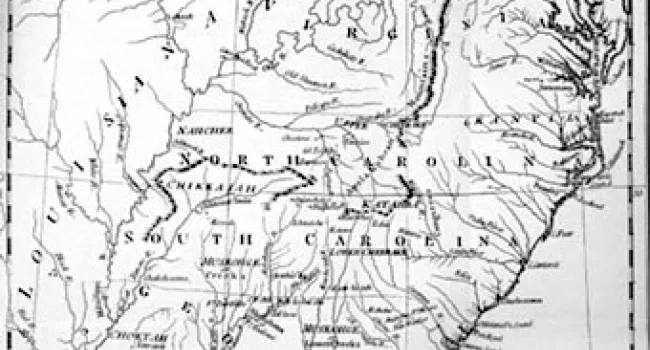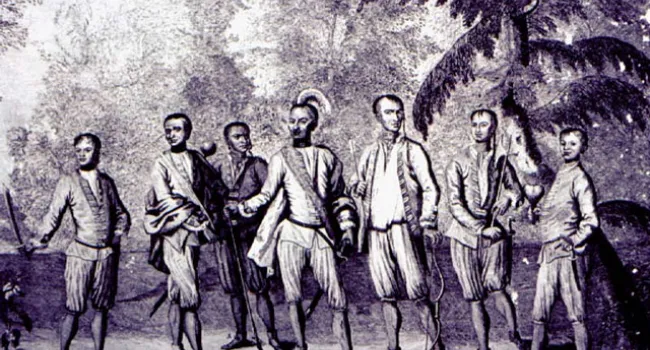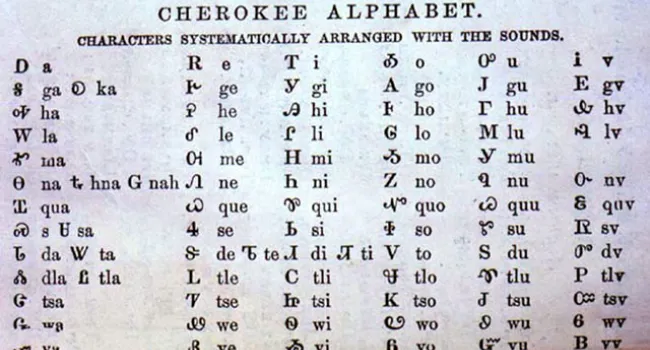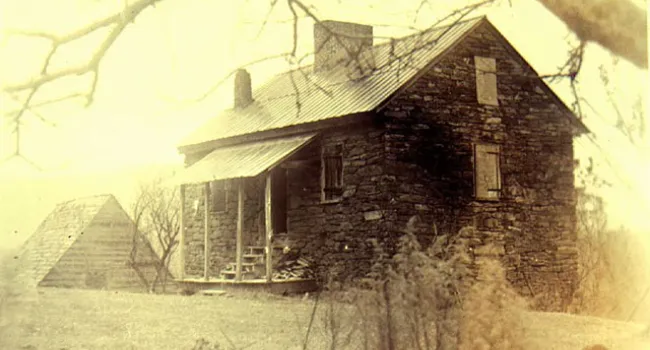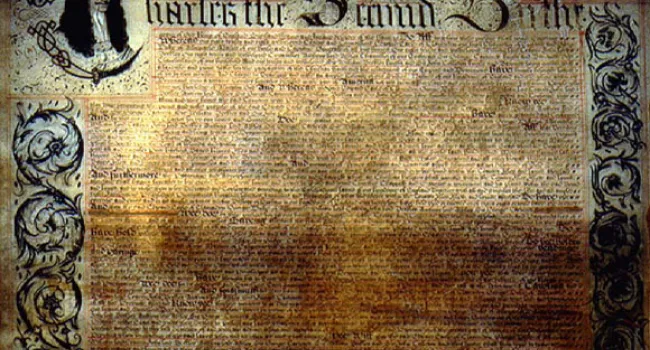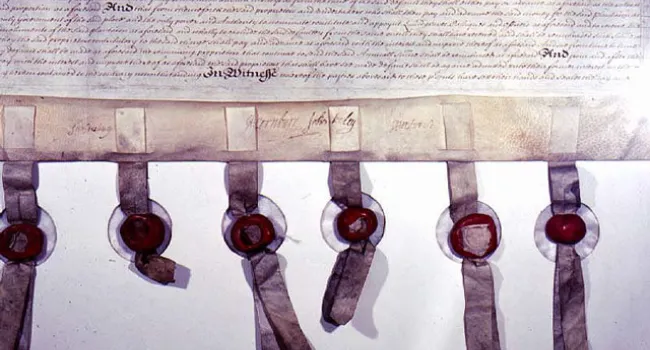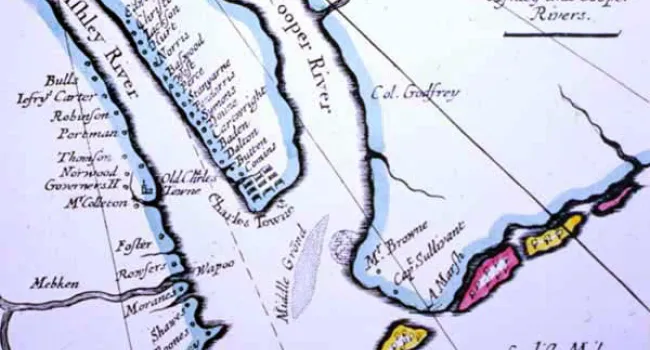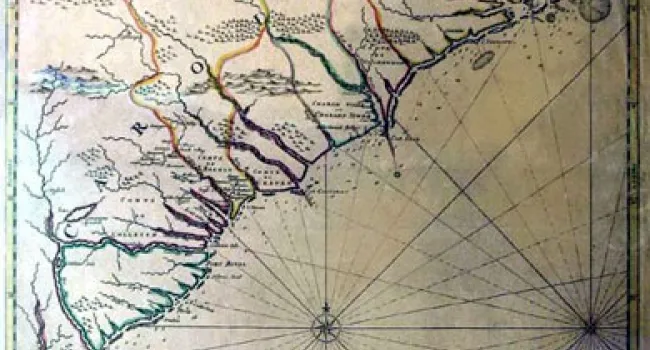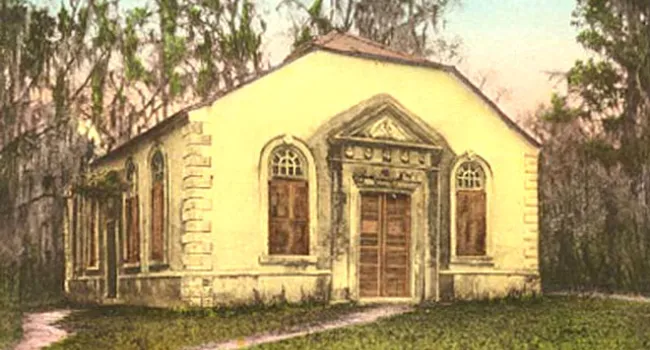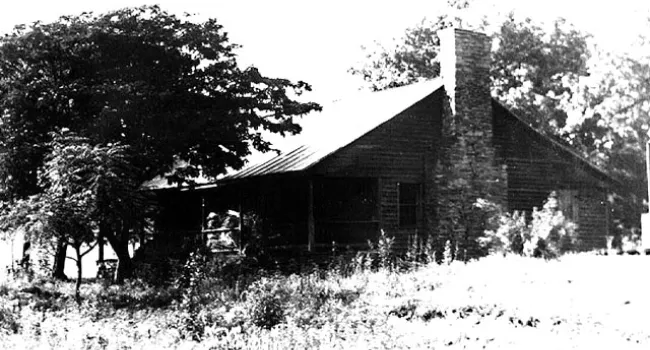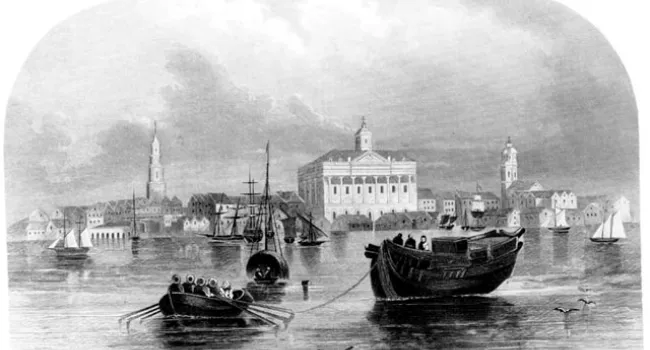
The wealth of centers like Charleston helped prepare the way for the dissatisfactions against British rule that finally resulted in the Revolution. A wealthy elite, with connections through trade to other colonies as well as in England, reacted strongly to the British Parliament's attempts to recover some of their enormous costs in winning the French and Indian War by taxing the colonies who benefited from the victory. The Stamp Tax of 1765, in particular, outraged lawyers and merchants. Although this cartoon showing angry colonists tarring and feathering a tax agent did not originate in South Carolina, the presence of printers there who circulated broadsides and newspapers ensured that Charlestonians saw it. Christopher Gadsden (see Christopher Gadsden), John Rutledge and Thomas Lynch represented South Carolina at the Stamp Act Congress. Lieutenant Governor William Bull had the stamps hidden at Fort Johnson; with no stamps to legalize any actions, the customs houses and courthouses had to shut down. The repeal of the Stamp Act in 1766 led Charles Town residents to put up a statue to William Pitt, the leader in Parliament who had opposed the stamp tax.
Courtesy of the South Caroliniana Library.
Standards
- This indicator was developed to encourage inquiry into the process which led to the formation of the U.S. government, including the convening of the Continental Congresses, the passage of the Articles of Confederation, and the adoption of the U.S. Constitution.
- 8.2.CO Compare the motives and demographics of loyalists and patriots within South Carolina and the colonies.
- 8.2.CE Explain the economic, political, and social factors surrounding the American Revolution.
- This indicator was developed to encourage inquiry into how the concept of federalism took hold in the early United States. In addition, this indicator promotes inquiry into the progression from a nation skeptical of a strong central government to a nation accepting of a division of power between the states and federal government.
